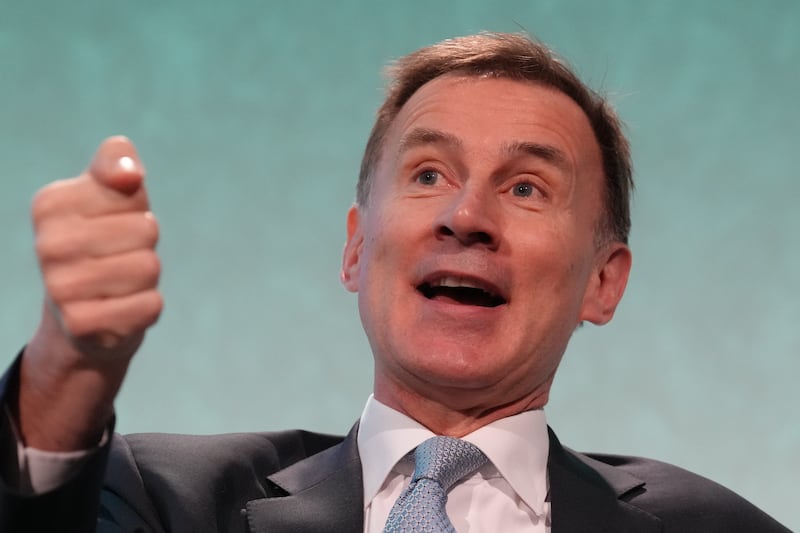THE UK economy bounced back in July as the services sector rebounded and construction output reached a record high.
The Office for National Statistics (ONS) said the economy expanded 0.3 per cent in July, while gross domestic product (GDP) rose 0.6 per cent on a three-month basis.
That was ahead of economist expectations for a 0.1 per cent and 0.5 per cent rise, respectively.
Economic growth was bolstered in part by the UK's dominant services sector, which grew 0.3 per cent month on month thanks to activity in the professional, scientific and technical industries.
On a three-month basis, the services sector grew by 0.6 per cent on the back of a rise in retail and wholesale trading, bolstered by growth in food sales during the World Cup and hot weather.
Construction also performed strongly, jumping by 0.5 per cent in July on the back of stronger than usual growth in housebuilding for this time of year.
It sent construction output to a record high, with the sector growing 3.3 per cent on a three-month basis.
The pound was positive on the news, up 0.15 per cent on the US dollar to trade at 1.293, and rising 0.2 per cent versus the euro to 1.118.
Office for National Statistics' head of GDP, Rob Kent-Smith said: "Growth in the economy picked up in the three months to July.
"However, production fell back, with manufacturing again slipping a little while energy generation and supply fell due to reduced demand.
"The dominant service sector again led economic growth in the month of July with engineers, accountants and lawyers all enjoying a busy period, backed up by growth in construction, which hit another record high level."
A 0.2 per cent contraction in manufacturing dragged on production growth, which was up just 0.1 per cent in July.
The agricultural sector also shrank 0.1 per cent.
Howard Archer, chief economic adviser to the EY ITEM Club, said the overall economic performance in July could put the UK on track to beat expectations for the third quarter of 2018.
"We had expected GDP growth to be stable at 0.4 per cent quarter-on-quarter in the third quarter but the July data mean there is a very real chance it could improve to 0.5 per cent quarter-on-quarter," he said.
However, he does not believe the latest release sets the stage for a surprise interest rate rise by the Bank of England this Thursday.
"The Bank of England will highly likely regard GDP growth of 0.3 per cent month-on-month in July and 0.6 per cent on a three-month/three-month basis as justifying its decision to raise interest rates from 0.5 per cent to 0.75 per cent in August."
"We do not expect any more (rises in) interest rates until after the UK leaves the EU in March 2019 given the major uncertainties that may occur in the run-up to the UK's departure," Mr Archer added.








